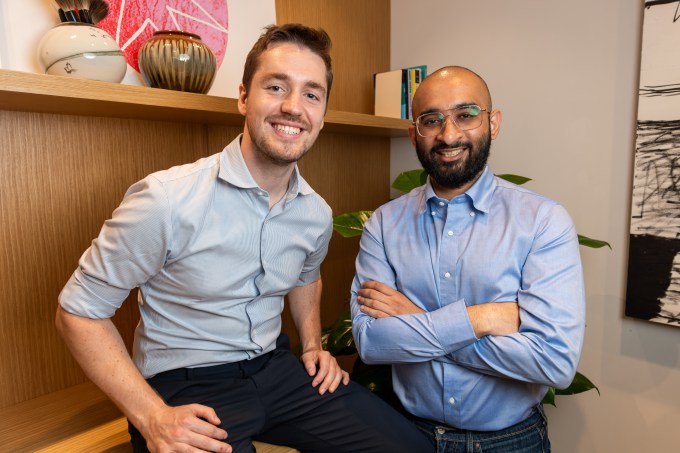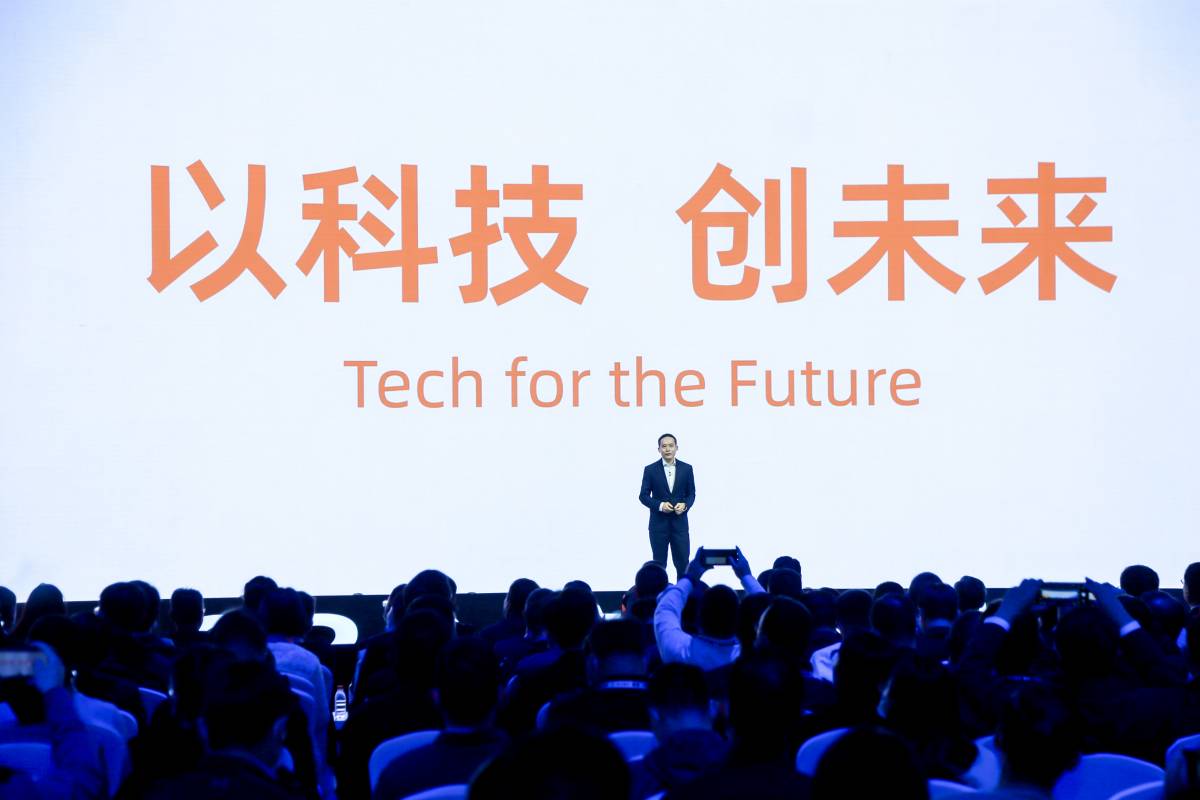Phasio helps local manufacturers manage their customer relationships | TechCrunch
For small- to medium-sized local manufacturers, cultivating their network of customers is key to scaling up. But maintaining customer relationships means a lot of tasks that quickly snowball: generating quotes, sending screenshots back and forth about design requests, analyzing parts in a CAD platform and using Excel to calculate pricing before putting it in accounting software. The founders of Singapore-based Phasio say much of this communication takes place through a combination of WhatsApp, SMS and email, making the process even more unwieldy.
Phasio automates all this by channeling WhatsApp, SMS and email messages into its manufacturing interface. Its AI chatbot, ManufacturingGPT, then asks customers about their requirements and helps them open a design request with the manufacturer or tells them what technology to fabricate with. It also provides an instant quote using Phasio’s automated pricing system. That startup’s goal is to make maintaining customer relationships easier, freeing up resources so local manufacturers can expand their businesses globally.
Founded in 2021 by Harry Conor Lucas and Sudharshan Raman, Phasio announced today it has raised $2.5 million in seed funding. Airtree Ventures led the round, with participation from 500 Global, Entrepreneur First, Michael Sorkin’s Gattaca Ventures, angel syndicate Airtree Explorers and Tan Teik Guan.
Phasio is currently used by over 50 local manufacturers in markets like Singapore, Australia, Germany, India, the United Kingdom, Greece and the Netherlands. It works primarily with small and medium-sized manufacturers in the additive, vacuum casting and molding segments. Phasio has also recently entered the computer numerical control segment, in which computers automate the control of tools.
Both Lucas and Raman trained as mechanical engineers before founding Phasio. Lucas holds a degree in mechatronics, while Raman has one in aerospace engineering. Lucas told TechCrunch that while designing products, they realized even building a prototype was difficult. At the same time, they were drawn to the tech industry and “noticed the huge difference in velocity between software and hardware,” he says.
Lucas describes manufacturing as a “deeply relationship-oriented business.”
“It’s really easy to get pinned down on small requests, like a design change here and a quote there,” he said. “Coupled with this, much of the work of manufacturing is front-loaded. Producing a quote for some technologies is a design project in and of itself and can be very time-consuming.

Phasio co-founders Harry Conor Lucas and Sudharshan Raman
Tasks like communicating design changes, sending invoices, checking for manufacturability, bookkeeping and shipping management also add up and mean manufacturers have less time to work on the actual manufacturing process.
Phasio was created to enable local manufacturers scale and innovate by helping them build client relationships and provide them with the technical expertise needed to create better products.
The platform, which integrates with CAD software like Fusion360 and CREO, accounting software including Zero and Quickbooks and shipping providers like Australia Post, UPS and FedEx, helps manufacturers and customers communicate on key parts of the manufacturing process. This includes instant quotations, real-time status updates, design collaboration and orders through a digital storefront.
Manufacturers and customers can work together on designs by looking at them on a manufacturer’s website and leaving comments on parts shown in 3D. Phasio claims that this enables an engineer to increase their workflow from an average of two projects at a time to 10, without diminishing their communication with customers.
Lucas says that by helping local manufacturers scale, Phasio can create a more diversified, healthier supply chain. “Onshoring isn’t a solution for every product but it should be an accessible manufacturing option for all. We believe that by empowering local manufacturers to scale and innovate within their economy, we are ultimately growing the global manufacturing pie for everyone.”
Phasio’s seed round will be used on its go-to-market strategy. It currently reaches out to manufacturers directly, and has built its customer base through word of mouth. Lucas says “there’s a shortage of great content out there for manufacturers, so we’re currently laying down the groundwork at the community level to provide an open, shared source of knowledge for manufacturers big and small to contribute and learn from.”
The startup’s competitors include Digifabster, AMFG, 3yourmind and Oqton in additive manufacturing and it is also indirectly up against legacy ERP systems like Netsuite and SAP, along with newer ones like Fulcrum, Katana and Odoo. But Lucas says that Phasio has found that its biggest competition is pen and paper or Excel.
Phasio differentiates by enabling full design collaboration inside the platform, he says. This includes real-time collaboration by leaving comments on parts rendered in 3D, which allows manufacturers to make their design services and fabrication more efficient.
In a statement, Airtree Ventures partner James Cameron says, “It would be easy to build technology for the manufacturing sector that brings incremental efficiency improvements but Harry and Raman have been thoughtful about how to go beyond these immediate pain points. The manufacturing future Phasio’s building is not just needed but an inevitability for the industry.”




